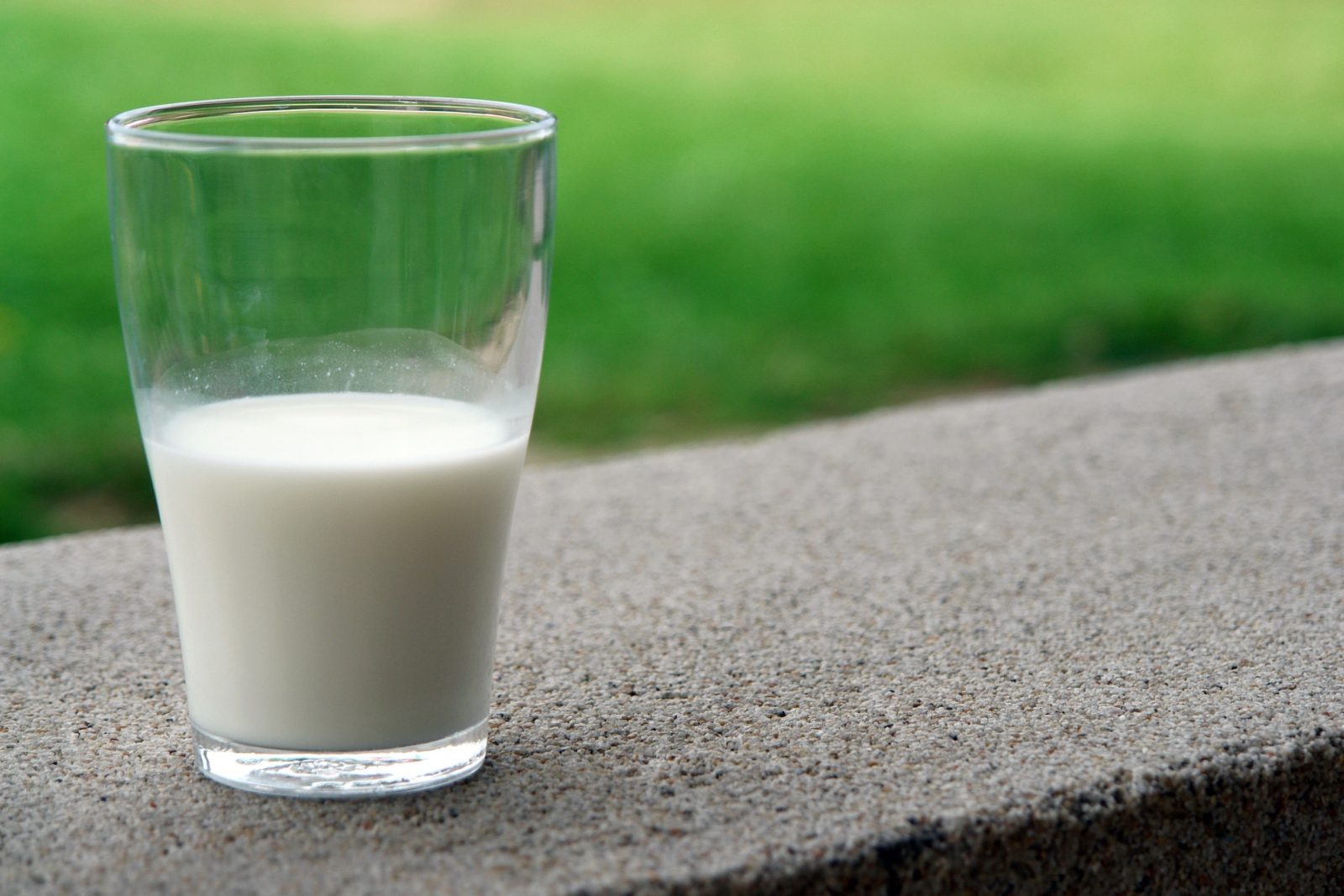The Czech Ministry of Finance has proposed a new VAT rate for plant-based milk substitutes that will be implemented in January 2022. These alternatives to cow’s milk, often used by lactose-intolerant and allergic consumers, will be subject to the reduced VAT rate of 12%, just like cow’s milk and other dairy products. This is a significant departure from the original proposal to subject milk substitutes to the standard VAT rate of 21%.
According to Michaela Lagronová, a spokesperson for the Ministry of Finance, this decision was made based on the analysis of tax experts. The decision is not related to the appeal from the Ministry of Health and Ministry of Regional Development, along with Human Rights Commissioner Klára Šimáčková Laurenčíková, to include soy, nut, and grain milk substitutes in the reduced VAT rate. The consultation on this issue ended on Monday, with the Ministry of Health pointing out that only about 10% of Czech citizens suffer from lactose intolerance.
The current reduced VAT rates of 10% and 15% will be merged into the new reduced VAT rate of 12%. The standard VAT rate of 21% will remain, but with some items moving to the new reduced VAT rate. The government will discuss the VAT changes in the coming weeks.
The move to reduce VAT for milk substitutes has been welcomed by many consumers paying higher prices. The decision will make it easier for consumers to choose healthy and environmentally friendly alternatives to dairy products.
However, some experts have warned that the proposed changes could hurt the economy. According to a recent report, the VAT changes could slow the economy by 0.8%.
The debate on VAT rates is ongoing, with some calling for including other items in the reduced VAT rate, including menstrual products and children’s diapers. The Ministry of Finance has clarified that the overall impact of the changes in VAT on public budgets will be minimal, with the annual revenue from VAT expected to decrease by only 2.8 billion Czech crowns. Economists, however, caution that the real impact of the changes will depend on various factors.
Last year, the Czech government collected 345.2 billion Czech crowns from VAT, representing a year-on-year increase of 15.6%.






